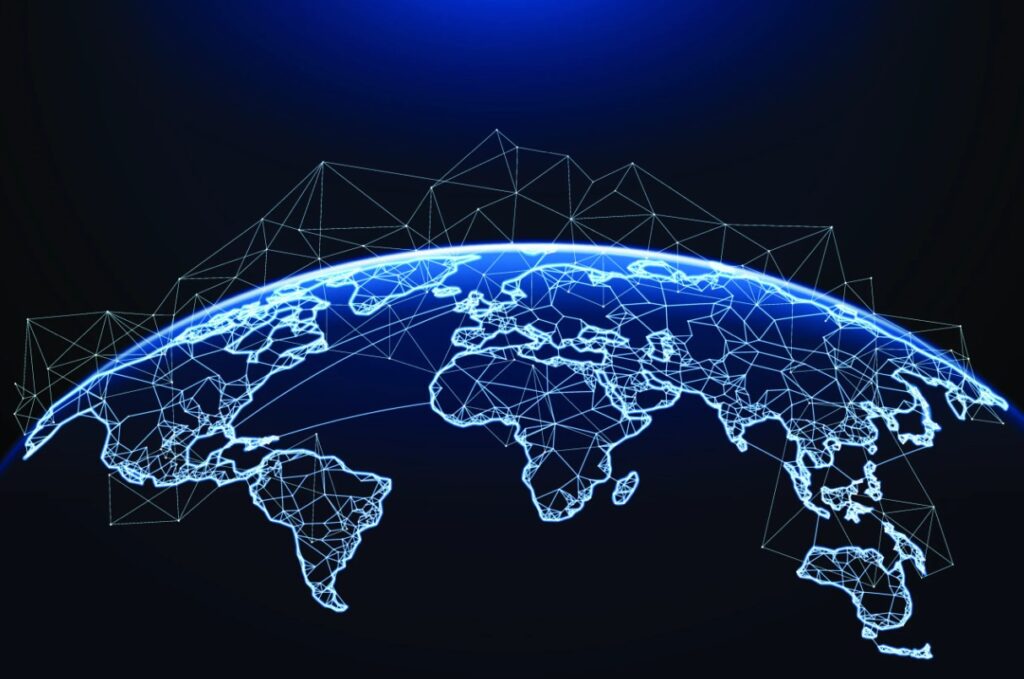The weaponization of finance has accelerated since 2022, with sanctions and counter-sanctions fragmenting the global payments landscape. The exclusion of Russian banks from SWIFT was a watershed moment, proving that access to transaction rails is now a geopolitical lever. In response, nations are hastily developing alternatives to U.S.-dominated systems.
China’s Cross-Border Interbank Payment System (CIPS) has gained traction, processing over 80% of RMB settlements. Meanwhile, India’s UPI and Brazil’s PIX are being linked for direct bilateral trade, reducing dollar dependence. These systems aren’t just technical backups—they’re tools of monetary sovereignty.
The rise of central bank digital currencies (CBDCs) adds another layer. Project mBridge, a multi-CBDC platform involving China, UAE, and Thailand, could enable sanctions-proof settlements. Early tests show atomic transactions (instant, irreversible swaps) that eliminate counterparty risk—a feature attractive to commodity exporters.
Private-sector solutions are also emerging. Stablecoins, despite regulatory scrutiny, are being used in trade finance to circumvent banking delays. A Turkish exporter might accept USDT from a Kenyan buyer via a blockchain wallet, then convert it locally—all outside traditional channels.
Yet decentralization brings new vulnerabilities. Cyberattacks on payment infrastructure have surged, with North Korean hackers targeting bridges between crypto and fiat systems. Meanwhile, the lack of unified AML standards across alternative networks raises compliance headaches for multinationals.
The long-term risk is a balkanized financial ecosystem where transactions slow to a crawl between rival blocs. Already, European firms report delays in payments to Central Asia as banks over-comply with sanctions. Some African nations are reverting to barter or gold in bilateral deals.
The irony? The more financial infrastructure fractures, the more it incentivizes innovation—from quantum-secure networks to AI-driven settlement optimizers. The next decade will test whether globalization can function without a universal monetary lingua franca.

